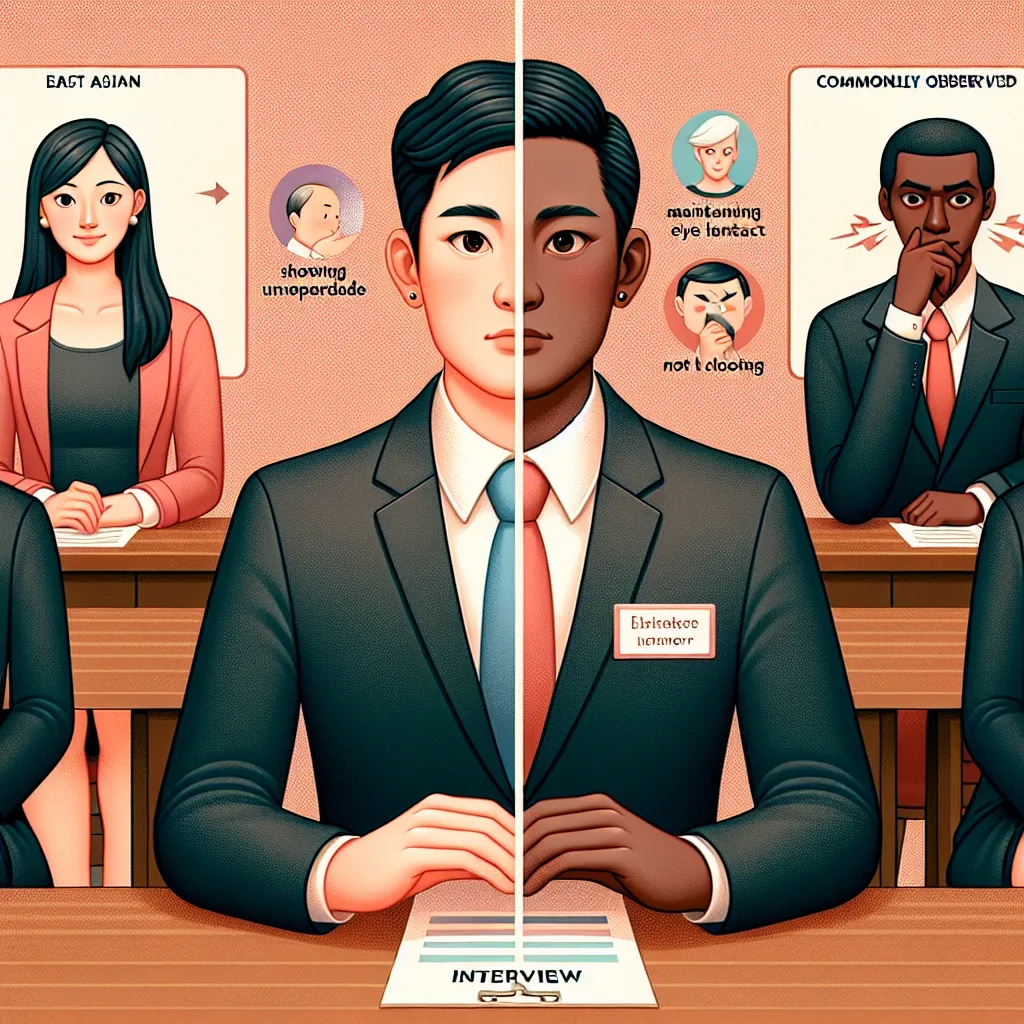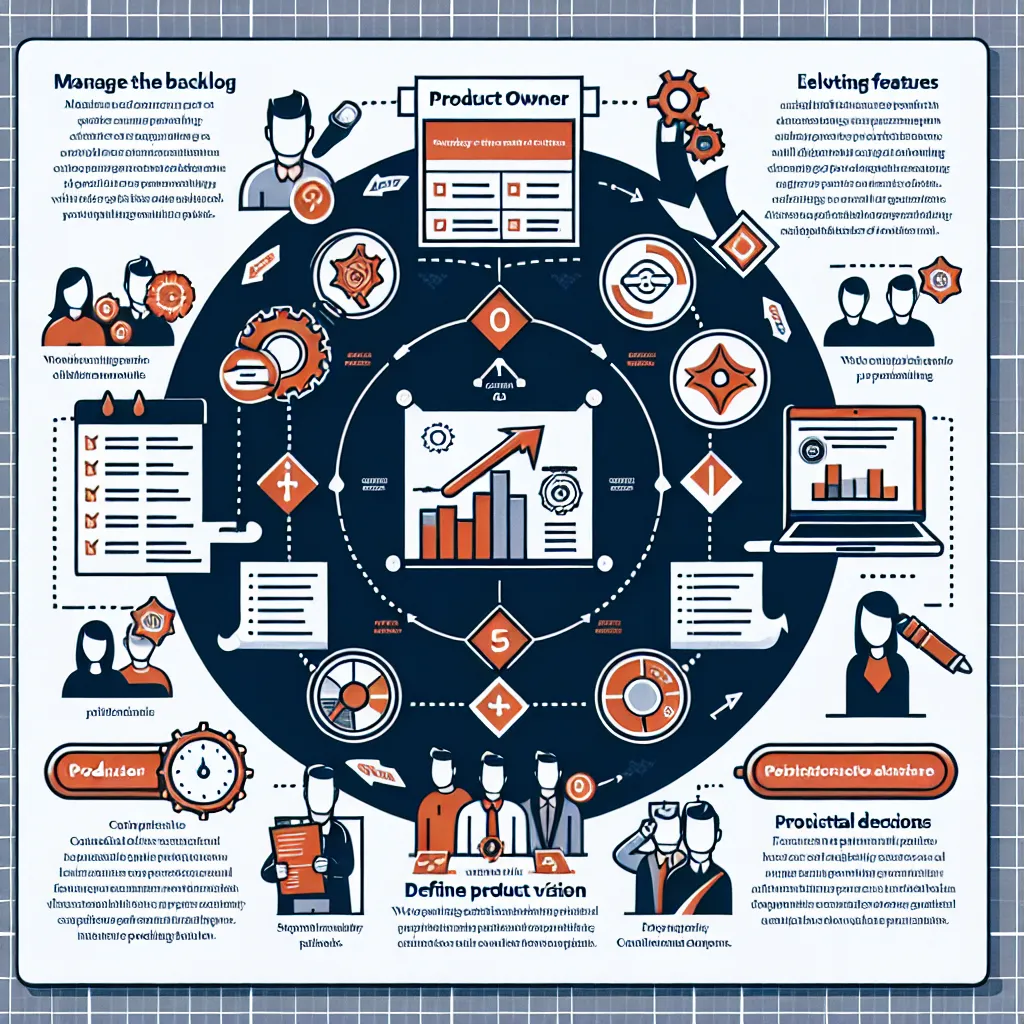Are you gearing up for a business development interview? Congratulations on taking this important step in your career! Business development roles are crucial in driving company growth, and preparing for the interview is key to landing your dream job. In this comprehensive guide, we’ll walk you through the essential steps to ace your business development interview.
Understanding the Role of Business Development
Before diving into interview preparation, it’s crucial to understand what business development entails. Business development professionals are responsible for identifying growth opportunities, building relationships with potential clients or partners, and ultimately driving revenue for their organization.
Key Responsibilities in Business Development
- Market research and analysis
- Lead generation and qualification
- Relationship building and networking
- Strategic planning and execution
- Negotiation and deal closing
Understanding these core responsibilities will help you tailor your responses during the interview and demonstrate your knowledge of the role.
 Business Development Interview Preparation
Business Development Interview Preparation
Researching the Company and Industry
One of the most critical steps in preparing for a business development interview is conducting thorough research on the company and industry.
Company Research
- Study the company’s website, focusing on their products/services, mission, and values
- Review recent press releases and news articles
- Analyze their social media presence and engagement
- Understand their target market and competitors
Industry Research
- Identify industry trends and challenges
- Research major players and market leaders
- Stay updated on recent mergers, acquisitions, or partnerships
- Understand the regulatory environment
By demonstrating a deep understanding of the company and industry during your interview, you’ll show initiative and genuine interest in the role.
Common Business Development Interview Questions and Sample Answers
Being prepared for common interview questions will boost your confidence and help you articulate your thoughts clearly. Here are some frequently asked questions in business development interviews, along with sample answers:
1. “How do you approach building new business relationships?”
Sample Answer: “I believe in a multi-faceted approach to building new business relationships. First, I conduct thorough research to understand the potential client’s needs and pain points. Then, I reach out through various channels like LinkedIn, industry events, or mutual connections. I focus on providing value from the first interaction, whether it’s sharing relevant industry insights or suggesting solutions to their challenges. I believe in nurturing relationships over time, staying in touch regularly, and always looking for opportunities to add value.”
2. “Describe a successful deal you’ve closed. What made it successful?”
Sample Answer: “In my previous role, I closed a significant partnership deal with a leading software company that increased our annual revenue by 25%. The key to success was understanding both our company’s goals and the partner’s needs. I spent considerable time researching their business model and identifying areas where our solutions could add value. During negotiations, I focused on creating a win-win scenario, highlighting mutual benefits. What made it truly successful was not just closing the deal, but also ensuring smooth implementation and maintaining the relationship post-closure, which led to additional opportunities down the line.”
3. “How do you stay updated on industry trends and market changes?”
Sample Answer: “I’m passionate about staying ahead of industry trends. I subscribe to several industry-specific newsletters and publications like [mention relevant ones]. I also follow thought leaders on social media and regularly attend webinars and conferences. Additionally, I’m part of professional networks where we discuss emerging trends and share insights. I believe in continuous learning, so I often take online courses to deepen my knowledge in areas like data analytics and emerging technologies that impact our industry.”
4. “How do you handle rejection or setbacks in the sales process?”
Sample Answer: “I view rejection as an opportunity to learn and improve. When faced with a setback, I first analyze what went wrong without taking it personally. I reach out to the client for feedback, which often provides valuable insights. I then use this information to refine my approach for future opportunities. I also believe in maintaining a positive attitude and resilience. In my experience, what seems like a rejection can sometimes turn into an opportunity later if you maintain a professional relationship and continue to provide value.”
5. “What strategies do you use to identify new business opportunities?”
Sample Answer: “I employ a multi-pronged strategy to identify new business opportunities. Firstly, I conduct regular market analysis to spot emerging trends or underserved segments. I also leverage data analytics tools to identify patterns in customer behavior or industry shifts. Networking plays a crucial role – I actively participate in industry events and maintain relationships with key players. Additionally, I encourage cross-departmental collaboration within our organization, as insights from customer service or product teams can often lead to new opportunities. Lastly, I always keep an eye on our competitors’ moves, which can sometimes reveal gaps in the market or potential areas for differentiation.”
Handling Unexpected Questions
In a business development interview, you might encounter questions that catch you off guard. Here are some tips to handle unexpected questions:
- Take a moment to gather your thoughts
- Ask for clarification if needed
- Structure your response logically
- Draw from your experiences, even if not directly related
- Be honest if you don’t know the answer, but explain how you would find out
Remember, interviewers often ask unexpected questions to assess your ability to think on your feet – a crucial skill in business development.
Common Mistakes to Avoid in Business Development Interviews
Being aware of common pitfalls can help you avoid them during your interview:
- Lack of company and industry knowledge
- Focusing too much on sales numbers without context
- Neglecting the importance of relationship-building in business development
- Failing to ask insightful questions about the role or company
- Overlooking the importance of soft skills like communication and adaptability
By steering clear of these mistakes, you’ll present yourself as a well-rounded candidate who understands the nuances of business development.
 Common Business Development Interview Mistakes
Common Business Development Interview Mistakes
Follow-up Questions and Suggested Answers
To further prepare you for your business development interview, here are additional follow-up questions you might encounter, along with suggested answers:
1. “How do you prioritize your leads?”
Suggested Answer: “I prioritize leads based on a combination of factors. First, I assess the lead’s potential value to our company in terms of revenue and strategic importance. Then, I consider the likelihood of conversion based on our previous interactions and their expressed interest. I also take into account the resources required to pursue the lead and our current capacity. Finally, I use a scoring system that incorporates all these factors to rank leads and focus on those with the highest potential impact.”
2. “Describe a time when you had to pivot your strategy mid-project. How did you handle it?”
Suggested Answer: “In my previous role, we were halfway through implementing a new partner program when market conditions suddenly shifted. I quickly organized a meeting with key stakeholders to reassess our goals. We analyzed the new market data and customer feedback, which led us to pivot our strategy. I developed a new action plan, clearly communicated the changes to all involved parties, and ensured a smooth transition. This flexibility allowed us to adapt to the market changes and ultimately led to a more successful program launch.”
3. “How do you balance maintaining existing client relationships with pursuing new opportunities?”
Suggested Answer: “Balancing existing relationships and new opportunities is crucial in business development. I allocate my time based on the strategic importance and potential of each activity. For existing clients, I schedule regular check-ins and always prioritize their immediate needs. For new opportunities, I dedicate specific time blocks for prospecting and initial outreach. I also leverage technology, like CRM systems, to efficiently manage communications and track interactions. This approach ensures I’m nurturing existing relationships while still driving growth through new opportunities.”
4. “What metrics do you use to measure the success of your business development efforts?”
Suggested Answer: “I believe in using a combination of quantitative and qualitative metrics to measure success. Quantitatively, I track key performance indicators such as revenue generated, number of new partnerships formed, lead conversion rates, and pipeline value. Qualitatively, I assess the strength and quality of relationships built, the strategic value of new partnerships, and client satisfaction levels. I also look at long-term metrics like client retention rates and the lifetime value of partnerships. This comprehensive approach gives a holistic view of the impact of our business development efforts.”
5. “How do you approach cross-functional collaboration in your role?”
Suggested Answer: “Cross-functional collaboration is essential in business development. I start by building strong relationships with key members of other departments, understanding their goals and challenges. I regularly participate in cross-departmental meetings to stay informed about company-wide initiatives. When working on projects, I involve relevant teams early in the process, seeking their input and expertise. I also act as a bridge, sharing market insights with product teams or conveying customer feedback to marketing. This collaborative approach ensures alignment across the organization and leads to more effective business development strategies.”
Conclusion
Preparing for a business development interview requires a combination of industry knowledge, self-reflection, and strategic thinking. By understanding the role, researching thoroughly, preparing for common questions, and avoiding typical mistakes, you’ll be well-equipped to impress your interviewers and showcase your potential as a valuable asset to their team.
Remember, the key to success in business development is not just about what you know, but how you apply that knowledge to drive growth and build meaningful relationships. Good luck with your interview!
We’d love to hear about your experiences with business development interviews. Share your tips or questions in the comments below! For more interview preparation advice, check out our articles on how to explain your technical skills in an interview and how to handle unexpected questions in an interview.




